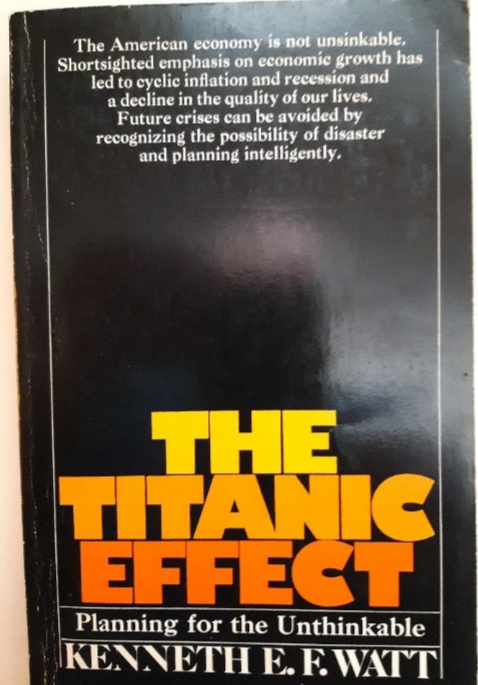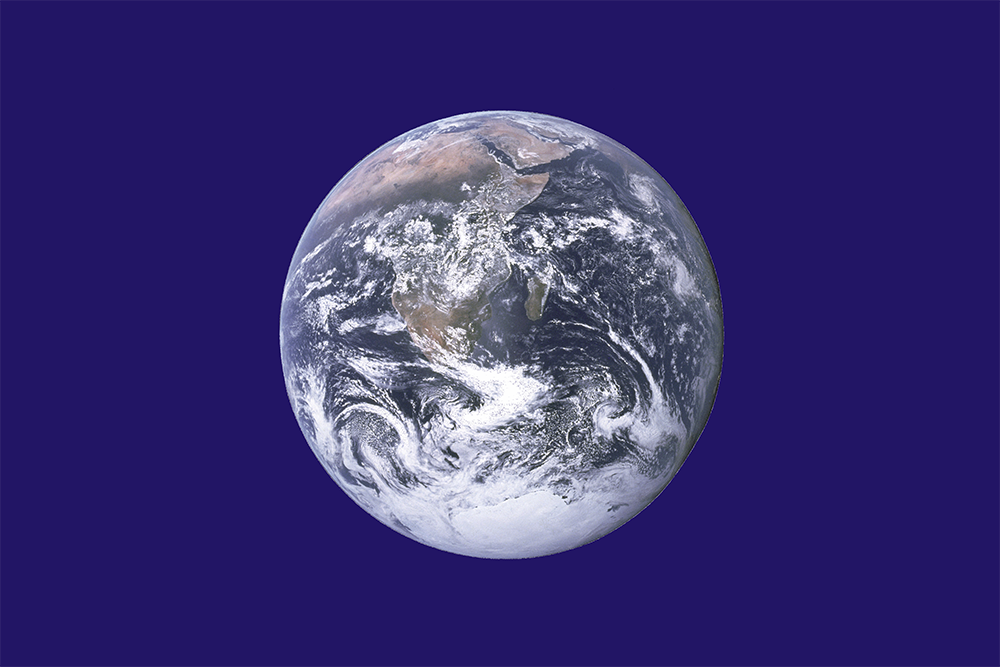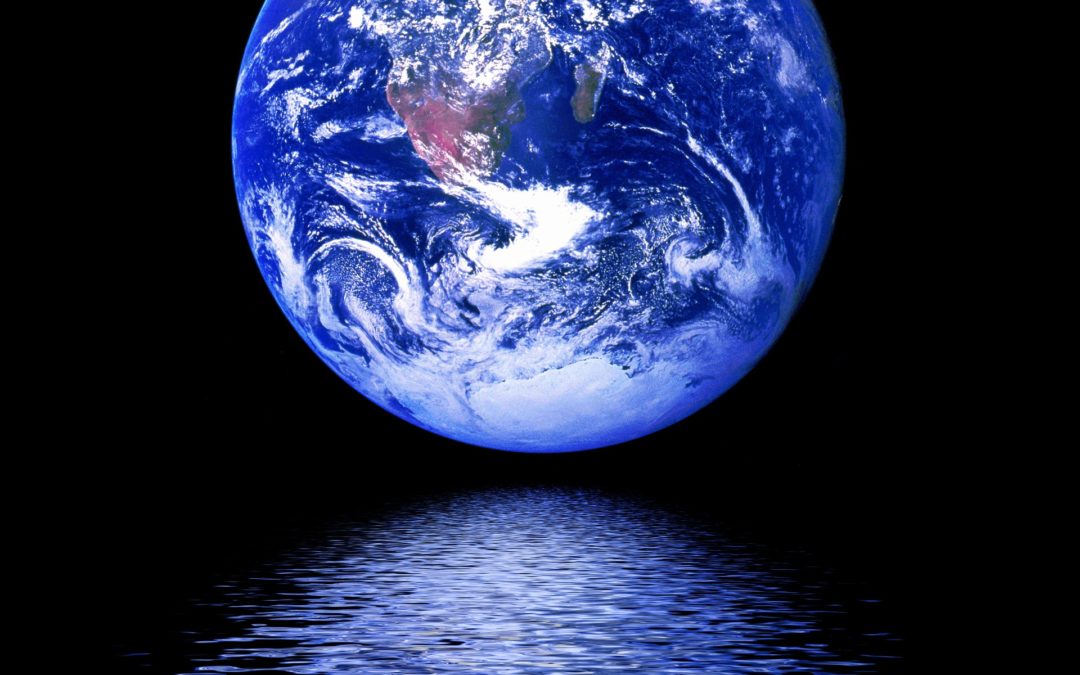This week on April 22 is the 50th anniversary of that first Earth Day in 1970. One of my first blogs here described how that day had a profound effect on my career, changing from medicine to environmental science. It is also how I ended up at UC Davis. It was one of two schools that actually offered a graduate degree in the area. The other was Cornell. I was accepted at both. It was an easy choice. UC Davis had a scholarship fund sponsored by the Rockefeller Brothers Foundation and that provided a full ride plus a research assistantship. Cornell did not. My wife and I packed our bags at Indiana University and started the drive west to go to a school and a town I had never set foot in before. It was a leap of faith.
I remember we arrived in Davis and fell in love with it. We both had the same reaction, “We’re never leaving this place.” From that day, I have never been without a home in Davis. I have rented it out several times while working in Texas, Connecticut, and Massachusetts, but always came back. Here I am still.
It was at Davis that I had another epiphany. I came there to work on the ecology of lakes and streams. My undergraduate degree was in microbiology so it seemed a logical extension. Part of that time as an undergraduate was spent doing research in Yellowstone Park. My IU professor Tom Brock and one of his graduate students had discovered a strange bacterium called Thermus Aquaticus that grew in boiling water there. That led to a revolution in DNA analysis, but that’s another story. If you are curious, read this.
However, in my first year at UC Davis, I took a class from Prof. Ken Watt on emerging environmental issues. We had to do a term paper. Scientific American had just run an issue focusing on energy as one of the biggest of those issues, so I chose that topic. Prof. Watt told me if I wanted to focus on energy, I should read an important scientific paper by a chemist working for Royal Dutch Shell by the name of John M. O’Bockris. It was on the importance of a hydrogen economy and how that might work. But Watt pointed me to one paragraph where O’Bockris wrote that continued burning of fossil fuels was going to increase the concentration of carbon dioxide in the atmosphere. Because of its greenhouse effect that extra carbon dioxide would raise the average global temperature. Watt simply said, “I think that has tremendous implications and you should think out where that would lead.” Actually, since that day I have never stopped thinking about it. It hit me like a pie in the face. How soon would it happen? How could you figure that out? What could you do about It? What would it take?


Prof. Watt was in the process of writing a book he titled The Titanic Effect. Its theme was that there were a number of huge environmental challenges ahead of the world like icebergs in the North Atlantic, but that the first reaction would be denial…until you hit one of them. After the shock of the surprise, the first response would be to rely on technology to solve the problem and avoid any economic consequences. The next step was overconfidence in that solution until attention waned and the next collision would be a whopper with huge economic impacts. Prophetic book. Most thought it was too radical. It’s out of print. But I got to help on the chapter on energy and earned a small acknowledgment.
I can’t say my career has been a straight line from then to now. It’s actually been a lot more random. But that early warning about global climate change is always something I remember.
How different things are 50 years later, but how predictable. O’Bockris gave the world the gift of a huge heads-up with enough time to do something about it. Of course, the reaction to that 1962 article was denial and of course that just made things worse. Prof. Watt was not so radical after all, just ahead of his time. And now we are in the midst of another “unexpected” collision with an iceberg called COVID-19. It’s a classic pattern. And now I’m thinking about those classes in virology and epidemiology I took at IU. Full circle.
I am grateful for all the places fate has taken me, but looking back I am particularly grateful for having grown up in a time when science and education were regarded as important. Turns out, they were.

ABOUT THE AUTHOR
Gary Simon is the Chair of CleanStarts Board. A seasoned energy executive and entrepreneur with 45 years of experience in business, government, and non-profits.
CleanStart Sponsors
Weintraub | Tobin, EY, Stoel Rives
BlueTech Valley, PowerSoft.biz
College of Engineering & Computer Science at Sacramento State


